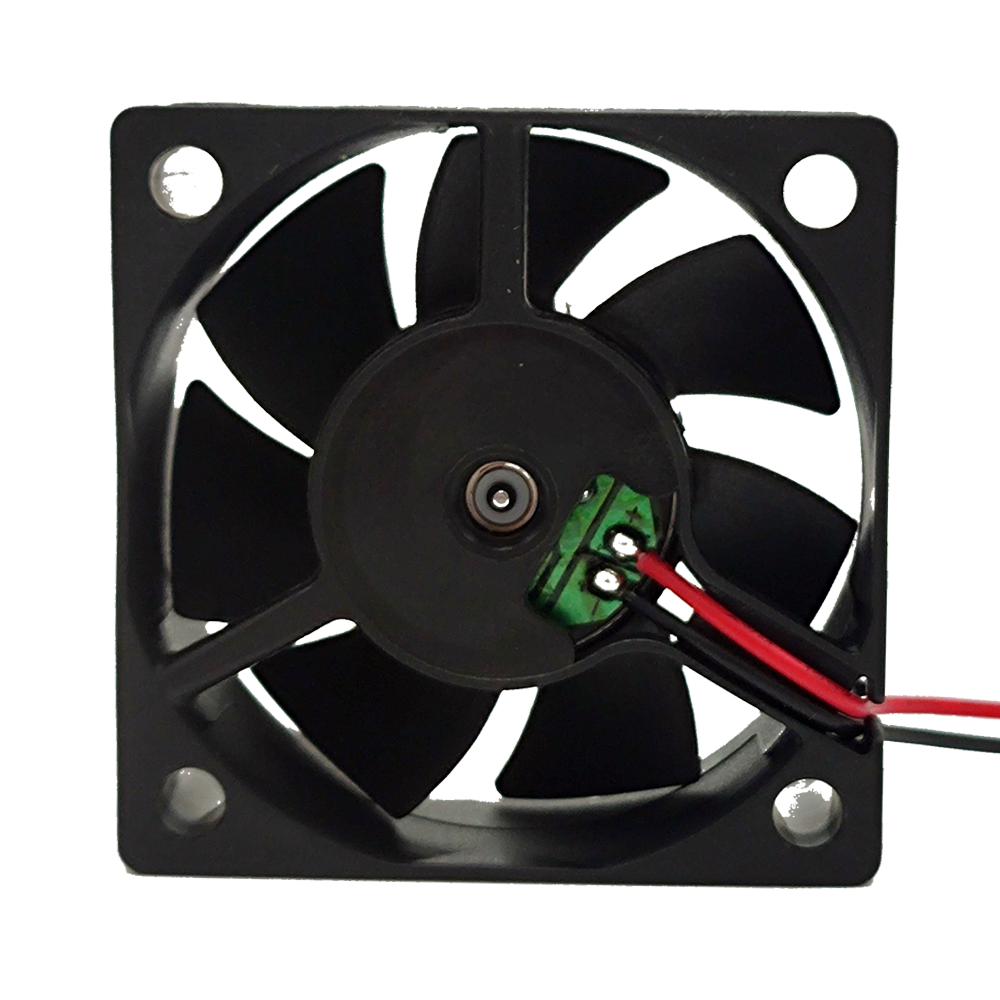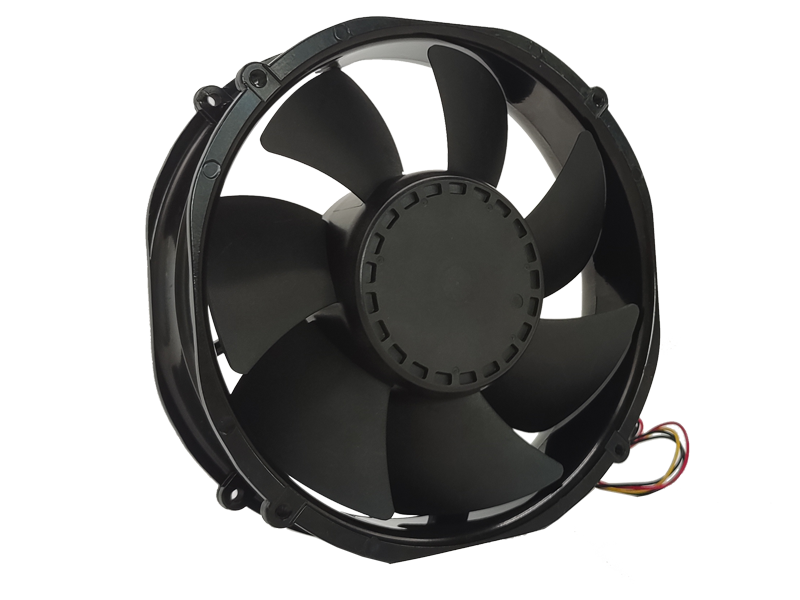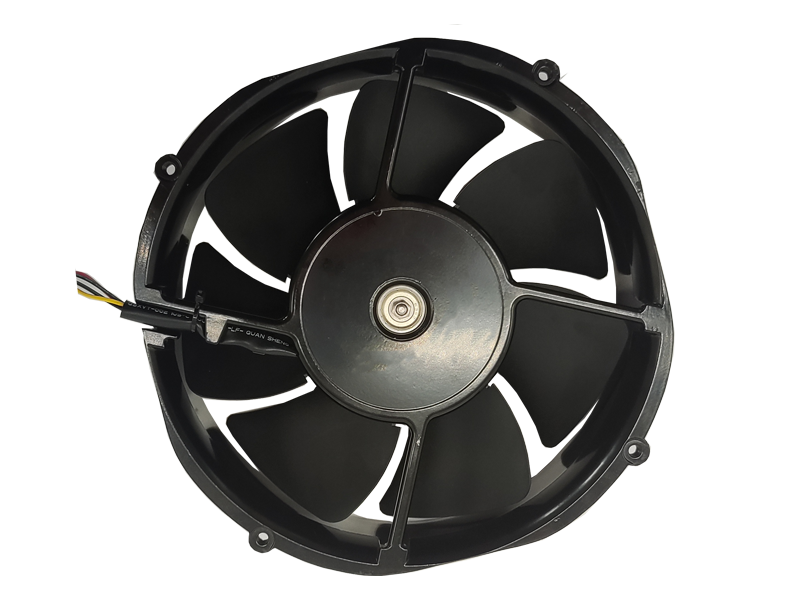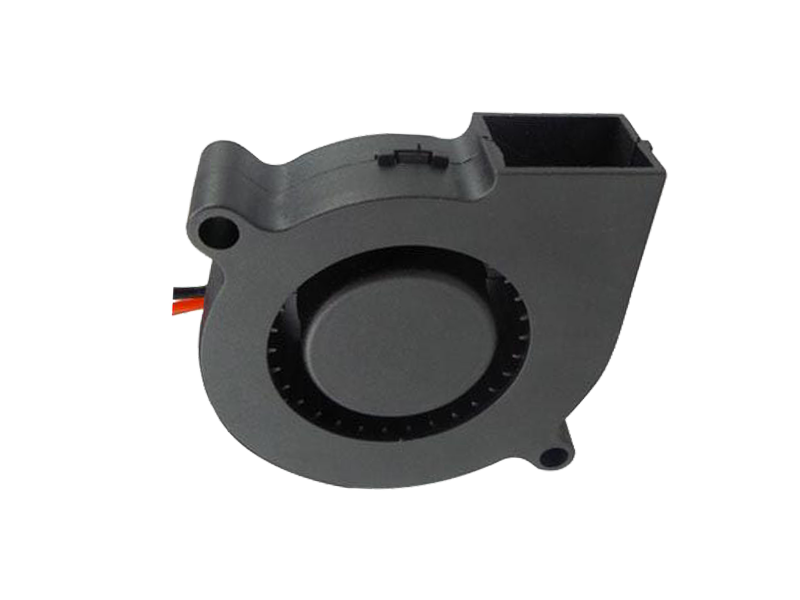Industrial fans are integral components of ventilation systems in various sectors, from manufacturing to agriculture. They facilitate airflow, improve air quality, and regulate temperatures in environments that require robust air management. This article examines the role of industrial fans in ventilation systems, their operational mechanics, and the product innovations shaping their future.
The Role of Industrial Fans in Ventilation
1. Air Circulation
One of the primary functions of industrial fans is to circulate air within a space. This circulation helps to distribute temperatures evenly, preventing hot spots and ensuring a comfortable working environment. In manufacturing facilities, proper air circulation can also help control airborne contaminants, improving overall air quality.
2. Temperature Control
Temperature regulation is crucial in many industrial applications. Fans help maintain consistent temperatures, particularly in environments with heat-generating machinery or processes. For instance, in a factory setting, industrial fans work to dissipate heat produced by equipment, preventing overheating and ensuring the safety and efficiency of operations.
3. Humidity Control
In addition to temperature, humidity levels must be managed in many industrial environments. High humidity can lead to equipment corrosion and promote mold growth. Industrial fans assist in moisture control by facilitating airflow, which helps to evaporate excess moisture and maintain optimal humidity levels.
4. Fume and Odor Removal
In industries where chemicals are processed, fans are essential for fume extraction. They help remove harmful gases and odors from the workspace, ensuring compliance with health and safety regulations. Effective fume removal systems not only protect worker health but also enhance overall operational efficiency.
How Industrial Fans Work

1. Basic Mechanism
Industrial fans operate by converting electrical energy into mechanical energy through a motor that drives the fan blades. The design of the blades and the fan's configuration determine its performance characteristics, such as airflow direction, volume, and pressure.
2. Types of Motors
The type of motor used in an industrial fan affects its efficiency and reliability. Common motor types include:
Single-phase Motors: Suitable for smaller fans used in less demanding applications.
Three-phase Motors: More efficient and capable of handling larger fans in heavy-duty applications.
Variable Speed Drives (VSD): These allow for adjustable fan speeds, enabling operators to optimize airflow based on real-time conditions and demands.
3. Control Systems
Modern industrial fans often incorporate advanced control systems, allowing for automated operation and monitoring. These systems can adjust fan speeds based on temperature or humidity levels, contributing to energy efficiency and reducing unnecessary wear on equipment.
Selecting the Right Industrial Fan
1. Application Considerations
Selecting the appropriate industrial fan requires a thorough understanding of the application. Factors such as required airflow (CFM), static pressure, and the specific environment play critical roles in the selection process. For example, a fan used in a clean room will have different specifications compared to one in a dusty manufacturing facility.
2. Durability and Materials
Given the often harsh environments in which industrial fans operate, the materials used in their construction are crucial. Fans made from corrosion-resistant materials such as galvanized steel or stainless steel are ideal for applications exposed to moisture or chemicals.
3. Energy Efficiency
Energy efficiency is a top consideration in fan selection. High-efficiency fans can significantly reduce operational costs, making them an attractive investment. Look for fans with high-efficiency motors and optimized designs that reduce energy consumption.
4. Maintenance Requirements
Ease of maintenance is another critical factor. Fans designed for easy access to components facilitate regular cleaning and servicing, which is essential for maintaining optimal performance and prolonging lifespan.
Future Innovations in Industrial Fans
1. IoT Integration
The Internet of Things (IoT) is transforming how industrial fans are managed. Smart fans equipped with IoT sensors can provide real-time data on performance metrics such as airflow, energy consumption, and maintenance needs. This data can be analyzed to optimize operations and prevent potential failures.
2. Enhanced Energy Efficiency
Innovations in motor technology and fan design are leading to more energy-efficient products. Future industrial fans will likely utilize advanced materials and aerodynamic designs that maximize airflow while minimizing energy use.
3. Sustainable Practices
As industries face increasing pressure to adopt sustainable practices, manufacturers are focusing on eco-friendly materials and processes. This includes the use of recyclable materials in fan construction and energy-efficient designs that reduce the overall carbon footprint.
4. Customization and Flexibility
The demand for customized solutions is on the rise. Manufacturers are responding by offering modular fan designs that allow for greater flexibility in meeting specific client needs. This trend includes adjustable blade configurations and the ability to modify fan dimensions and capacities.
Conclusion
Industrial fans are essential for effective ventilation and air management across various applications. Understanding their role, operational mechanics, and the factors influencing their selection is crucial for optimizing performance. As industries evolve, innovations in smart technology, energy efficiency, and sustainable practices will drive the future of industrial fans, ensuring they continue to meet the demands of modern manufacturing and processing environments.
Recommended Products

The main purpose:Car charging station

The main purpose:Car charging station

The main purpose:Electronic refrigerators, water dispensers, direct drinking machines, inverter power supplies
Address:No. 4137, Longgang Avenue (Henggang Section), Henggang Community, Henggang Street, Longgang District, Shenzhen
hotline:13530005572(Chen)15112579390(Li)


Welcome all friends to come for consultation and negotiation.
Copyright 2024 @ Shenzhen Youneng Xinyuan Electronics Co., Ltd.,(industrial fans,industrial blowers,axial fans,cooling fans manufacturer,centrifugal fans,ac cooling fans,dc cooling fans)